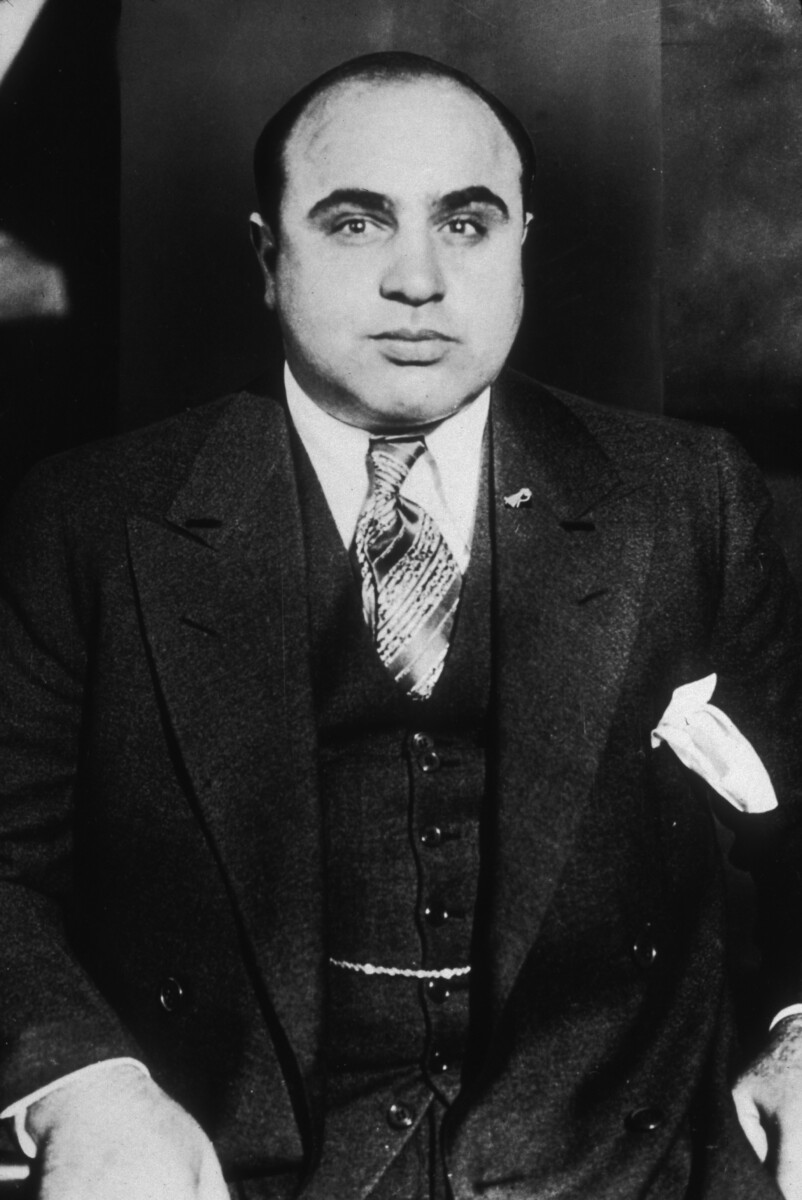The Overwhelming Nature of Digital Photography

It’s truly wild when you realize just how many photos we’re all snapping these days. In 2023 alone, over 1.4 trillion photos were taken worldwide, according to a Statista report from 2024. That’s almost hard to wrap your head around. With smartphones always in our pockets, it’s easy to fall into the habit of documenting every single moment. But after a while, this constant photo-taking starts to feel exhausting—like you’re running a marathon with no finish line in sight. The joy gets lost in the repetition, and the moments themselves start to blur together. Sometimes, it feels like taking photos is more about adding to the pile than actually holding onto memories. The sheer volume becomes overwhelming, and instead of cherishing each photo, most of them just end up forgotten in the digital abyss. It’s no wonder this can leave us feeling disconnected from what’s actually happening right in front of us.
The Shift Towards Mindfulness

Recent research in the Journal of Positive Psychology in 2023 points out that mindfulness—truly paying attention to what’s happening around you—can make life feel richer. When you put the camera down, you give yourself permission to just be there, soaking it all in. This isn’t just about feeling calm; it’s about forming deeper emotional connections to the people and places you cherish. Mindfulness means living in the now, not worrying about getting the perfect shot for later. The study found that people who practiced mindfulness reported stronger feelings of satisfaction and happiness. Instead of looking back at your photos and wondering if you really enjoyed that day, you know you did—because you were fully present. By focusing less on capturing every detail, you start to notice the little things that make moments special. That’s a feeling no photograph can replicate.
The Burden of Digital Clutter

Having thousands of photos stored on your phone might sound like a good thing, but it can quickly become a source of stress. According to a 2025 study by the Digital Clutter Institute, the average person keeps more than 5,000 photos on their devices, most of which they never look at again. This digital clutter piles up quietly, making it tough to find your favorite memories when you actually want them. It’s like having a closet overflowing with clothes you never wear—eventually, it just makes you anxious. The study also found that organizing digital photos was one of the top sources of frustration for phone users. By taking fewer photos, you naturally cut down on this mess, creating a digital space that feels lighter and more manageable. Letting go of the pressure to capture everything means you’re less likely to drown in your own digital archives.
The Value of Authentic Experiences

A survey from the Experience Economy Institute in 2024 revealed that 78% of people now believe experiences are more valuable than material possessions. When you stop reaching for your camera every few minutes, you get to truly live those experiences. There’s something freeing about being fully there—no filters, no edits, just you and the moment. Without worrying about getting the right angle or lighting for a photo, you can focus on what’s actually happening. People reported that the memories they made while not distracted by their phones felt more meaningful and lasting. It’s like the difference between listening to your favorite song live versus through headphones—it just hits differently. Living authentically in the moment means you carry those feelings with you long after the day is over.
The Impact of Social Media

Social media has turned photo-sharing into a daily ritual, but it’s also brought a wave of new pressures. A 2023 Pew Research study reported that 64% of users felt they had to present a perfect image online. This chase for likes and approval can suck the fun out of taking pictures altogether. Suddenly, it’s less about remembering the moment and more about impressing others. When you put the phone down, you step away from that cycle of comparison and validation. People find that their self-esteem improves when they stop worrying about how their life looks to others. It’s a relief to realize you don’t have to document everything to feel valued or happy. Instead, you can focus on what actually matters to you, not just what looks good on a screen.
The Joy of Spontaneity

Letting go of the need to capture everything opens the door to more spontaneous, joyful moments. A 2024 study by the Spontaneity Research Group found that people who embraced spur-of-the-moment activities felt happier and more satisfied with their lives. Without the constant pressure to document, you’re free to say yes to unexpected adventures and silly ideas. These are often the moments that stick with you—the ones you didn’t plan or pose for. Spontaneity brings a sense of freedom and fun that’s hard to find when you’re always thinking of the next photo. Life feels lighter and more surprising when you let it unfold on its own, without the interruption of a camera.
Reconnecting with Nature

Time spent in nature has always been good for the soul, but it’s even better when you put your phone away. The Nature Conservancy reported in 2023 that being outdoors without technological distractions led to improved mental health and well-being. When you’re not focused on capturing the perfect landscape shot, you notice more—the sound of birds, the smell of fresh air, the feeling of sunlight on your skin. People say they feel less stressed and more connected to the world around them when they aren’t distracted by their devices. Nature becomes a place for true relaxation, not just a backdrop for social media posts. It’s a gentle reminder that some things are best experienced, not documented.
The Art of Memory

Memory works in funny ways, and recent findings from the Memory Studies Association in 2024 suggest that living fully in an experience creates stronger memories than taking photos. When you’re present, your brain forms richer connections, making those moments easier to recall later. Relying on photos as a crutch can actually make your memories hazier, because you weren’t really there in the first place. People who take fewer photos often find their recollections are more vivid and meaningful. It’s like painting a picture in your mind instead of just looking at someone else’s snapshot. Letting your mind do the remembering can make those special times feel even more personal and lasting.
The Freedom of Letting Go

There’s a real sense of relief that comes from not feeling responsible for documenting every little thing. The Journal of Personal Freedom published an article in 2025 highlighting how decluttering—both physical and digital—can lift a weight off your shoulders. When you aren’t constantly reaching for your phone, you feel less tied down and more in control of your time. It’s an act of self-care to let go of that pressure, choosing instead to savor the moment for yourself. People report feeling lighter, more relaxed, and more open to life’s surprises. Letting go of the need to capture everything makes space for something even better: being fully alive in the now.
Embracing the Present

A 2024 study from the Institute for Life Satisfaction found that people who focused on living in the present reported higher levels of happiness and fulfillment. When you stop worrying about capturing every moment, you can truly appreciate the life you’re living. This means laughing a little louder, listening a little closer, and letting yourself just be. Embracing the present doesn’t mean you’ll forget what happened—it means you’ll remember how it felt. People who let go of constant photo-taking find themselves enjoying life more deeply, with memories that linger long after the moment has passed. The present, after all, is where all the magic happens.





